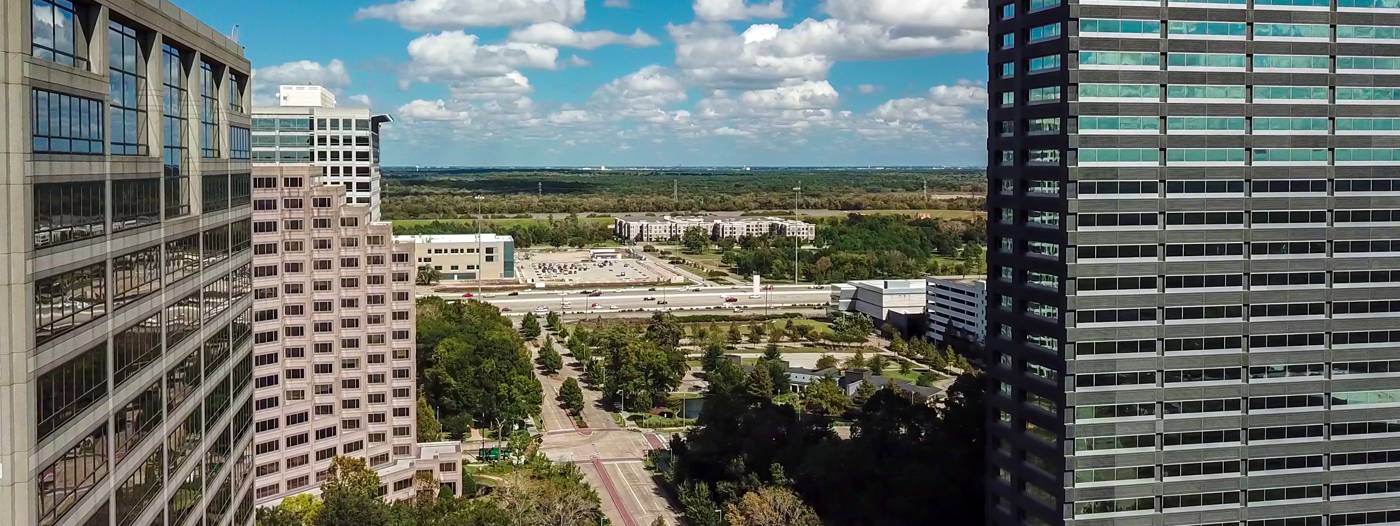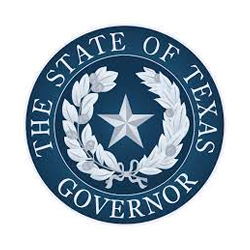TEXAS SALES AND USE TAX EXEMPTIONS: MANUFACTURING MACHINERY & EQUIPMENT
Category: State
State sales and use tax exemptions are available to taxpayers who manufacture, fabricate or process tangible personal property for sale. Texas sales and use tax exempts tangible personal property that becomes an ingredient or component of an item manufactured for sale, as well as taxable services performed on a manufactured product to make it more marketable. The exemption also applies to tangible personal property that makes a chemical or physical change in the product being manufactured and is necessary and essential in the manufacturing process. Some items, such as hand tools, are excluded from the exemption. A hammer, for example, is taxable even if it is used in fabricating a product for sale.
Who Can Get the Exemption?
To qualify for a manufacturing exemption, the taxpayer must manufacture, fabricate or process tangible personal property for sale; repair tangible personal property from their own inventory for sale (rebuilders); or repair tangible personal property from their own inventory for rental. The manufacturing exemption does not extend to contractors, persons who repair property belonging to others and service providers (such as data processors and nonresidential remodelers) even when they manufacture tangible personal property for use in performing their services. Separately stating manufactured repair parts on a customer's invoice does not make the taxpayer a manufacturer eligible for this exemption.
What is Exempt?
The manufacturing exemption applies to machinery or equipment that causes a physical or chemical change in a product in order to make it saleable. The manufacturing process generally begins with the first activity that changes raw materials or ingredients and ends with the packaging of the tangible personal property as it will be sold. Besides manufacturing equipment, services performed directly on a manufactured item prior to its distribution for sale and component parts for qualifying equipment, the following items also qualify for exemption:
- items used in manufacturing if necessary and essential to pollution control;
- lubricants, chemicals, gases and liquids used in manufacturing if necessary and essential to prevent the failure or deterioration of exempt manufacturing equipment;
- gases used at a manufacturing plant to prevent contamination of raw material or product, or to prevent hazards during manufacturing or while loading or storing products and raw materials;
- items that test products during the manufacturing process;
- safety apparel and work clothing required by the manufacturing process, if not resold to employees;
- items used in manufacturing if necessary and essential to comply with public health laws and rules;
- items used in manufacturing if specifically installed to reduce water use and wastewater flow, reuse and recycle wastewater, or treat wastewater from other sources to replace the use of fresh water;
- repairs to items that qualify for a manufacturing exemption;
- transformers at an electric generating facility that increase the voltage of electricity generated for ultimate sale; the cable that carries the electricity from the generating equipment to the step-up transformers; and the switches, breakers, capacitor banks, regulators, relays, reclosers, fuses, interruptors, reactors, arrestors, resistors, insulators, instrument transformers and telemetry units that are related to the step-up transformers;
- transformers that decrease the voltage of electricity generated for ultimate sale and the switches, breakers, capacitor banks, regulators, relays, reclosers, fuses, interruptors, reactors, arrestors, resistors, insulators, instrument transformers and telemetry units that are related to the step-down transformers;
- chemicals, catalysts, and other materials used during the manufacturing process to produce a chemical or physical change, to remove impurities, or to make the product more marketable; and
- semiconductor fabrication cleanrooms.
What is Not Exempt?
Non-Qualifying Machinery, Equipment, Supplies and Labor
The following items do not qualify for the manufacturing exemption or refund:
- intraplant transportation equipment such as conveyors, pipes, forklifts, hoists, cranes and hydraulic lifts;
- maintenance and janitorial supplies and equipment;
- machinery, equipment, materials and supplies used incidentally in manufacturing;
- hand tools;
- office equipment and supplies;
- equipment and supplies used in sales and distribution activities;
- taxable items not used in the actual manufacturing operation;
- taxable items used in research and development of new products;
- taxable items used for transportation;
- machinery and equipment used to make items for the manufacturer's use rather than for sale;
- electrical wiring, electrical switches and plumbing incorporated into realty;
- machinery or equipment used to maintain or store the product;
- tangible personal property used in the transmission or distribution of electricity; and
- items rented or leased for less than one year.
Manufacturing Support
Machinery and equipment used for manufacturing support but not directly in the manufacturing process generally do not qualify for the manufacturing exemption. Examples of non-qualifying, taxable manufacturing support equipment include air conditioning for employee comfort, equipment used to make molds or dies, and equipment used to make other equipment that is then used to make a product for sale. Some items are exempt, however, when they are used to power, supply, support or regulate equipment for pollution control or equipment that directly changes the product for sale. This category includes items such as actuators, steam production equipment and its fuel, in-process flow-through tanks, cooling towers, generators, heat exchangers, transformers (and the switches, breakers, capacitor banks, regulators, relays, reclosers, fuses, interrupters, reactors, arrestors, resistors, insulators, instrument transformers and telemetry units related to the transformers), electronic control room equipment, computerized control units, pumps, compressors and hydraulic units.
Leased and Rented Property
Manufacturing exemptions do not apply to property leased or rented for less than a year. Financing leases, however, are treated as alternative methods to finance the purchase of equipment. Eligible manufacturing equipment purchased through a financing lease qualifies for the exemption to the extent that tax was paid.
Contractors and Improvements to Realty
Lump-Sum Contractors
Under a lump-sum contract for new construction, neither the contractor nor the manufacturer can claim a refund for tax paid on installed machinery or equipment. Under a lump-sum contract for remodeling, however, a manufacturer can get a refund of tax paid on qualifying equipment.
Separated Contractors
Under a separated contract, machinery and equipment installed as an improvement to realty qualifies for exemption if identified separately from any nonqualifying materials.
Improvements to Realty
Generally, real property improvements do not qualify for a manufacturing exemption or refund. Machinery and equipment as well as their repair and replacement parts can qualify, however, if being affixed to realty does not change their separate identity. When machinery or equipment becomes an improvement to realty, labor to install or repair the item does not qualify for exemption.
Wrapping and Packaging Machinery
Wrapping and packaging machinery and equipment will qualify for the exemption when used by a manufacturer to box, label, fasten, cover or hold the product together for sale.
Since they are not considered manufacturers, retailers, wholesalers, produce shippers and repackagers cannot claim this exemption because they are not changing the physical or chemical attributes of the product but simply repackaging it for sale.
Divergent Use
A manufacturer may use qualifying manufacturing equipment for purposes other than manufacturing for sale. For example, a printing company may use the reproduction equipment to copy office records. Even though divergent use occurs, the manufacturer can issue a valid exemption for qualifying equipment. But the manufacturer must pay tax on the non-exempt use of the equipment.
- For equipment purchased four or more years ago, there's no tax on divergent use.
- For equipment purchased less than four years ago, tax is based upon the proportion of divergent use, calculated on a monthly basis.
- If divergent use during a month is less than 5 percent of the total, no tax is due. If the percentage of divergent use is 5 percent or more, the tax is calculated using the formula:
- tax = 1/48 of purchase price X percent divergent use X tax rate applicable at time of purchase
- The percent of divergent use is measured either in hours or by output, using these formulas:
- percent divergent use = total divergent use hours of operation in the month ÷ total hours of operation during the month
OR
- percent divergent use = total output during divergent use in the month ÷ total output during the entire month
Specific Exemptions for Certain Manufacturers
Besides the exemptions available to all manufacturers, additional exemptions are available for certain classes of manufacturers. Printers and newspaper publishers can claim an exemption for pre-press machinery, equipment and supplies. The exemption covers items such as computers, cameras, film, film developing chemicals, veloxes, plate-making machinery, plate metal, litho negatives, color separation negatives, production art work, and typesetting or composition proofs that are necessary and essential to, and used in connection with, the printing process.
A production company can claim exemption from sales or use tax on the purchase and rental of certain items necessary and essential to, and used or consumed directly in, the production of motion pictures and recordings (both video and audio) that are sold, licensed, distributed, broadcast or otherwise exhibited. Qualifying items include tangible personal property that becomes a component part of the qualifying motion picture, recording or broadcast; cameras, film and film developing chemicals; lights, props, sets, teleprompters, microphones, digital equipment, special effects equipment and supplies, and audio or video routing switchers located in a studio; and certain services and other equipment used in the production. This particular exemption also applies to the production of cable, radio, or television programs.
A semiconductor manufacturer can claim exemption on fabrication cleanrooms and equipment. Qualifying items include all tangible personal property used in connection with the manufacturing, processing or fabrication of semiconductors in a cleanroom environment. A qualifying item can be affixed to or incorporated into realty, and does not have to be actually in the cleanroom. The exemption covers such items as integrated systems, fixtures and piping; property necessary or adapted to reduce contamination or to control airflow, temperature, humidity, chemical purity or other environmental conditions or manufacturing tolerances; and production equipment and machinery. Also qualifying are movable cleanroom partitions and cleanroom lighting, although the exemption does not extend to the building (or its permanent, nonremovable components) that houses the cleanroom.
Contacts
Sales Tax Division
Texas Comptroller of Public Accounts
111 E. 17th St.
Austin, TX 78774-0100 78774-0100
Phone: 800-252-5555
Visit Website



